Iran, women’s rights and freedom: A foreign woman’s first-hand experience
By: Humaira Ahad
A beautiful and bustling city surrounded by majestic mountains, tree-laden lanes flanked by old villas and new skyscrapers, modern and traditional in sync with each other – Tehran is a city of dreams.
It is a place of prominence, a wonderful home away from home for foreigners like me. Tehran is much more than that. A city steeped in history and heritage that has so much to offer.
I arrived in this enchanting city some two years ago, to pursue higher education, study mysticism, and understand history and politics, all things the place is known for, far and wide.
This place gave me fresh perspectives, enriching my life and the art of living. It transformed me as a person and a researcher, and more importantly as a progressive woman.
There is still much more to explore and unravel. This land is known for its beautiful flowers that are at first not clearly seen, flowers that do not wither as they are far more aesthetic than botanical.
These flowers feel protected and wanted. I feel it as a woman, which means decency in many ways.
Iran, the place I call home now, is always in news, mostly for the wrong reasons. Showdown with the West, crippling US sanctions, nuclear program, Israeli regime sabotages, etc.
For the past month, following the death of a young Iranian woman in police custody, the issue of women’s rights in Iran has suddenly caught the imagination of the world.
The self-proclaimed human rights champions in the West, who turn a blind eye to gross human rights abuses in the US and Europe, are accusing Iranian authorities of killing the woman, even though all evidence, including the forensic report, scoffs at those claims.
Let me share my experience as a foreigner and as a woman in Iran. To be honest, I came to this country with high hopes and I haven’t seen those hopes dashed so far, despite the negative coverage and rampant misinformation about the country in the mainstream media.
I began my Iran expedition from the holy city of Mashhad where I found my womanhood more hallowed than I had ever thought. Sitting for hours in the Imam Reza shrine, I would speak to women from different backgrounds on different matters, from spiritual to temporal.
Although I come from a “progressive” society, I was brought up in a very protective environment with the notion that a girl needs to be cautious in protecting herself. Traveling alone to a different city, or spending evenings or late nights outside the confines of the home was always out of the question.
I had all these reservations in my mind when I came to Iran but each passing day proved them wrong. I could venture out alone without fear, even after moonlight covers everything in its balmy embrace. Seeing women roaming around with full liberty was a pleasant surprise and it made me happy.
I gradually came to realize that there was hardly any authoritarian eye watching or any rough hand interfering while women of all age groups and backgrounds breathed in an open, free space.
I haven’t traveled the world but have read about it. I have friends from different countries, and we have often discussed cultures, freedoms, and the way of life. I have compared their lives with the lives of women in my homeland and also with the lives of women here in Iran.
I found that women in Iran were much higher on the evolutionary scale in many different ways than their counterparts in the Western world.
I was always curious to know more about family as a unit in Iran and the Covid-19 pandemic in a way provided me a chance to live in an Iranian home and experience the local culture and hospitality closely.
Having the liberty of comparing at least two cultures minutely (however in my mind I do compare several cultures simultaneously because of interactions with foreign friends), I saw women here enjoying freedom far more than I had imagined.
In a traditional Iranian home, a woman holds higher stature. She is accorded rights, she is heard, and she is not treated as a commodity, unlike many other countries, including in the Muslim world.
We know how women in some Muslim countries continue to fight for a place in their own homes, not to talk about society at large. However, the story is different in this country.
I have seen women here actively involved in different walks of life, at par with men. The literacy rate of girls in this country is 99.3 percent, which is more than many countries in the West.
Women can be seen selling goods in marketplaces, working in offices, busy in workshops with handicrafts and artworks, and studying and teaching in universities. As per statistical reports, 56 percent of students in state universities are women. In contrast, the figure is 39 percent in the US.
Contrary to what you hear in the Western media, many Iranian women hold key positions in the field of politics and policy-making. Importantly, more than 1000 women serve as judges to administer justice.
The Islamic Republic of Iran I have seen and known promotes equality, freedom, and social justice between peoples, social classes, and genders. There is no clash between Islam and women’s rights, contrary to distorted media reports in the West. Islam does not imprison women but liberates them.
Western attempts to export freedom, women’s rights, and democracy have proved disastrous as can be seen in places such as Afghanistan and Iraq, where Western invasions only wreaked havoc.
One of the stated objectives was to “liberate” women in those countries. The pseudo-liberation of women after the devastating wars is there for everyone to see.
These wars only fuelled women’s rights violations and stoked the flames of Islamophobia. Those who said Muslim women were suppressed and needed to be liberated ended up denying them the right to make their own choices, practice their religion freely, and uphold their identity with dignity.
The notion that Hijab oppresses women and thus they need to be freed is far from reality. In her seminal book ‘Politics of Piety’, US-based anthropologist Saba Mehmood discusses how the piety movement in Egypt upheld the ideals of the Hijab against Westernization of the Egyptian society.
Palestinian-American anthropologist Lila Abu-Lughod in her book ‘Do Muslim Women Need Saving’ writes: “I have done fieldwork in Egypt over more than 20 years and I cannot think of a single woman I know, from the poorest rural to the most educated cosmopolitan, who has ever expressed envy of US women, women they tend to perceive as bereft of community, vulnerable to sexual violence and social anomie, driven by individual success rather than morality, or strangely disrespectful of God.”
The false narrative that Muslim women are helpless and vulnerable has helped Western powers justify their imperialistic ambitions. Women have been made an important excuse for wars in which the psyche of people is manipulated for the vested interests of warmongers.
In his book, ‘A Dying Colonialism’ French political philosopher Franz Fanon mentions that in Algeria destroying the covering of Muslim women was an important part of the colonial battle.
The idea that progress and freedom mean adhering to Western standards is a way to destabilize the structure of a family and society in Muslim countries. Gender politics and selective feminism are strong tools that have been used for this purpose for ages.
There may be issues faced by women in Muslim societies in general and Iran in particular but those issues can be resolved with wisdom and prudence without allowing outsiders to hijack the narrative.
The notion that the West is the role model needs to be examined critically and the freedoms that Iranian women are enjoying also need to be guarded against the plots of imperialist powers.
Humaira Ahad is presently pursuing her PhD from a university in Tehran. She has worked with prominent media organizations in India and has been writing for various publications in Kashmir.
(The views expressed in this article are author's own and do not necessarily reflect those of Press TV.)
Swiss to act as venue of next round of Iran-US talks: Report
Report: Over 50,000 soldiers fighting in Israeli military hold foreign citizenship
Danish PM warns US attack on Greenland would spell end of NATO
Power running out at key Gaza hospital, ICU patients at risk: Report
VIDEO | Press TV's news headlines
‘Speaking truth is her crime’: Netizens rip into European allies of Israel for targeting Albanese
Russia reaffirms support for Iran’s sovereignty amid rising US threats
VIDEO | 3,000 bodies of Palestinians ‘evaporated’ as Israel used banned weapons in Gaza


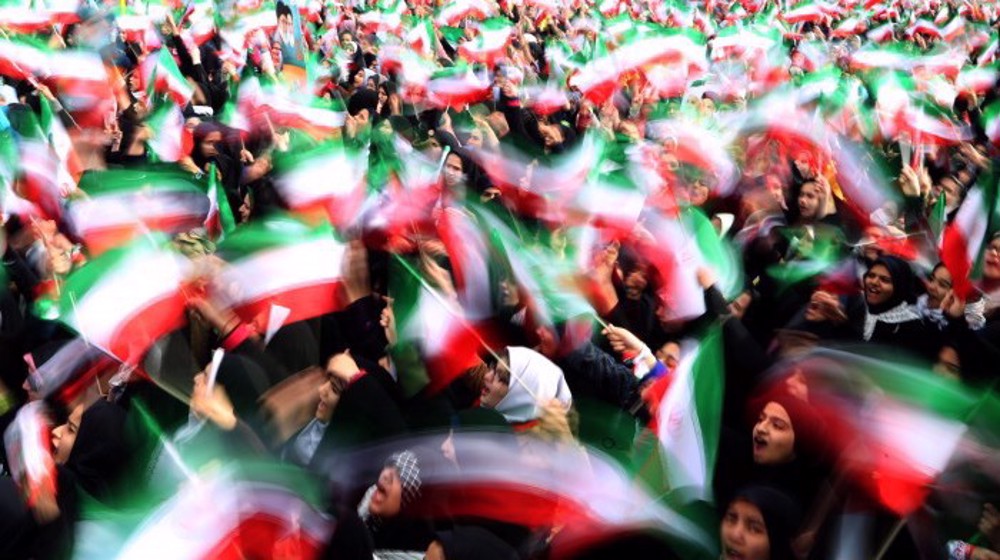
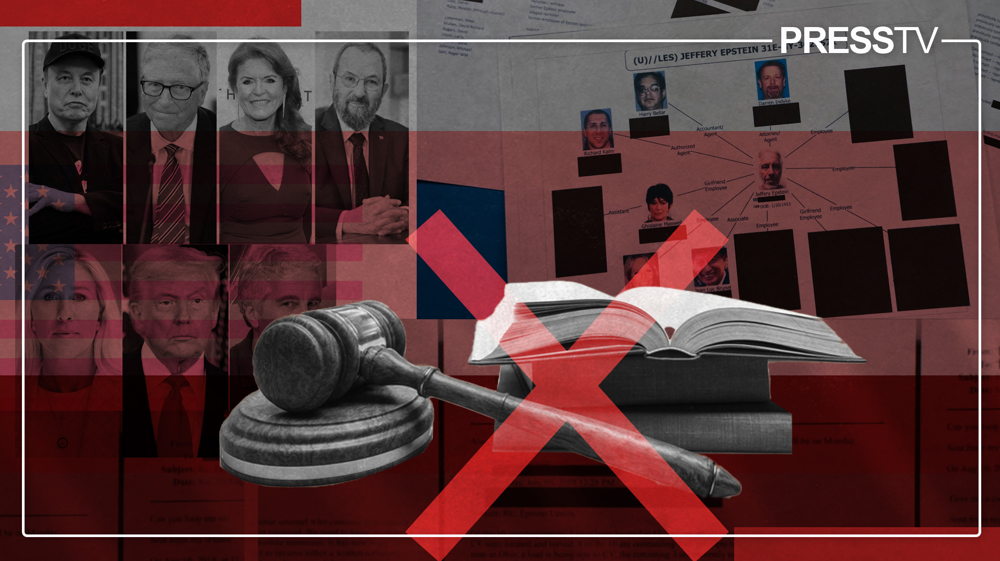
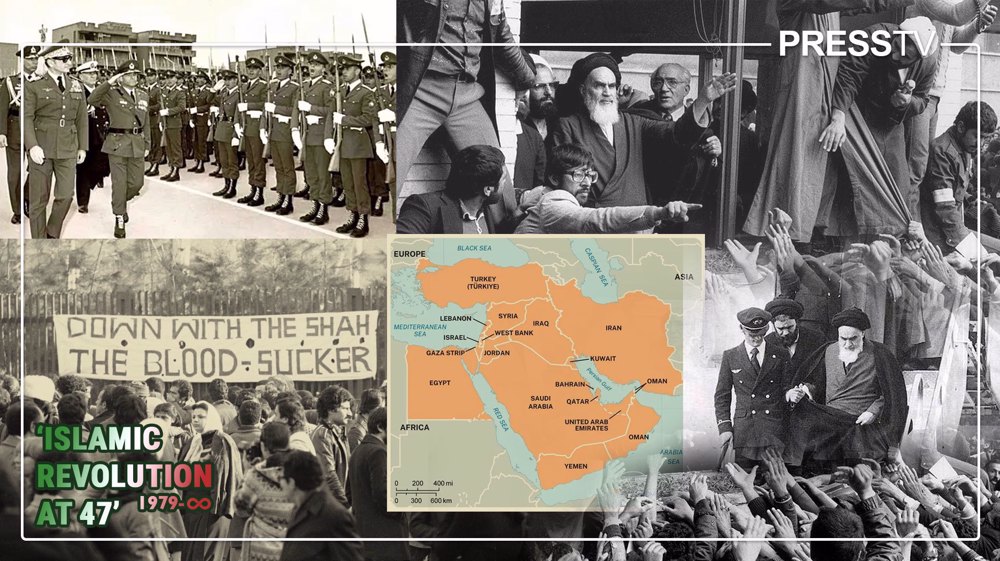
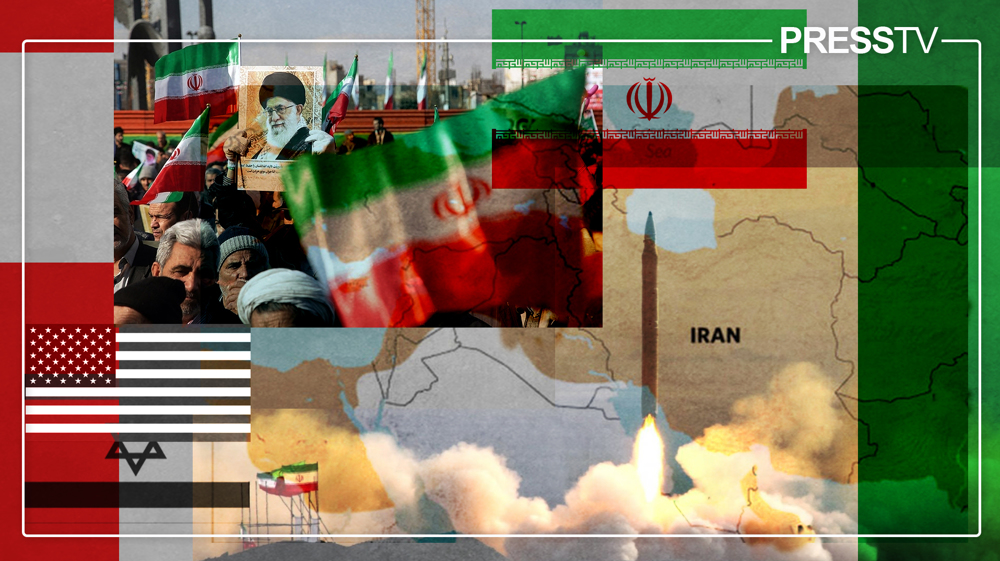



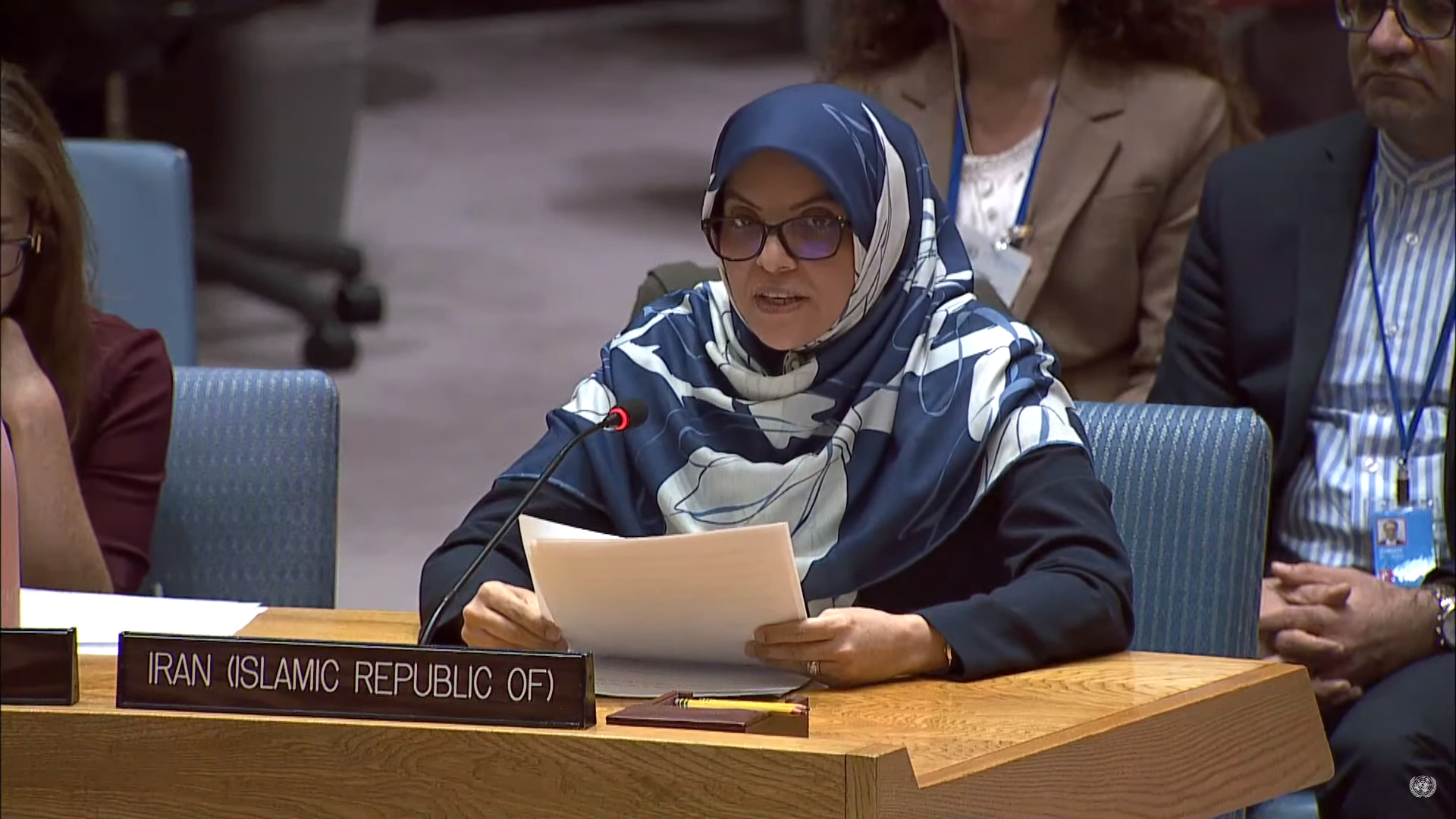
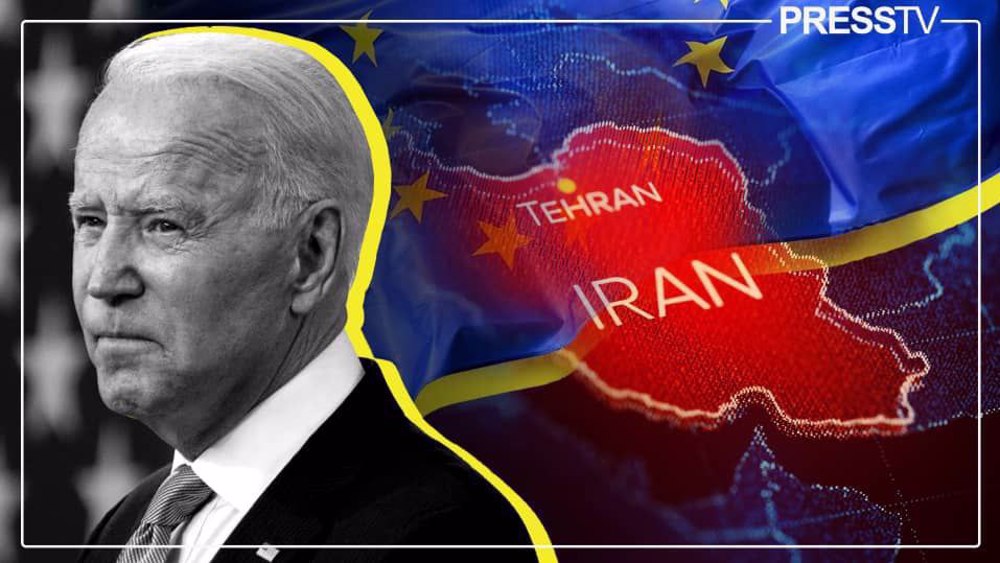
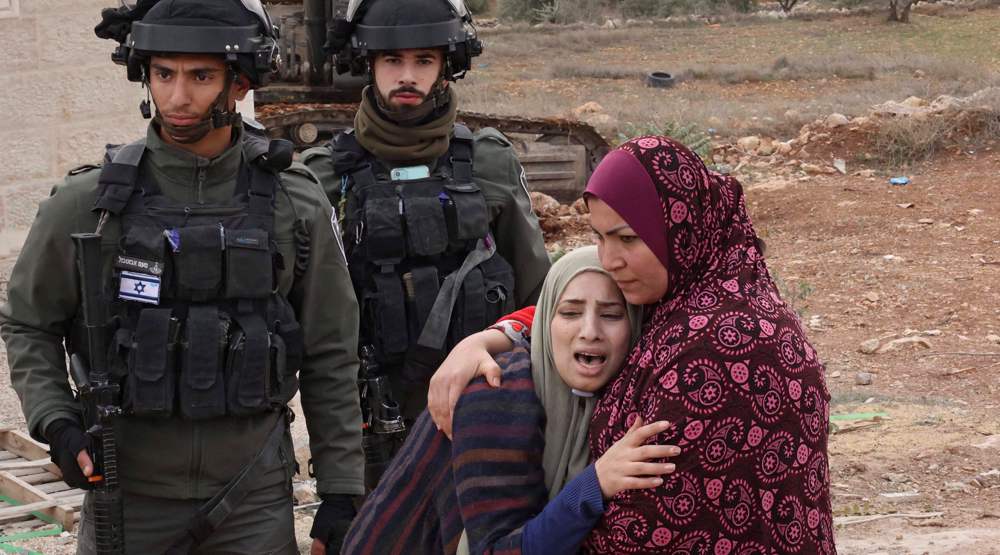
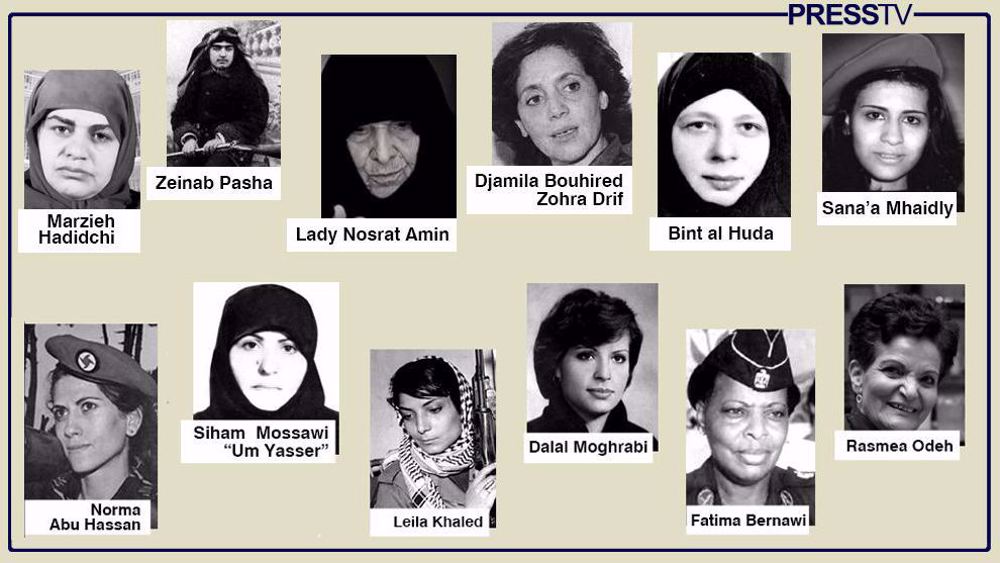
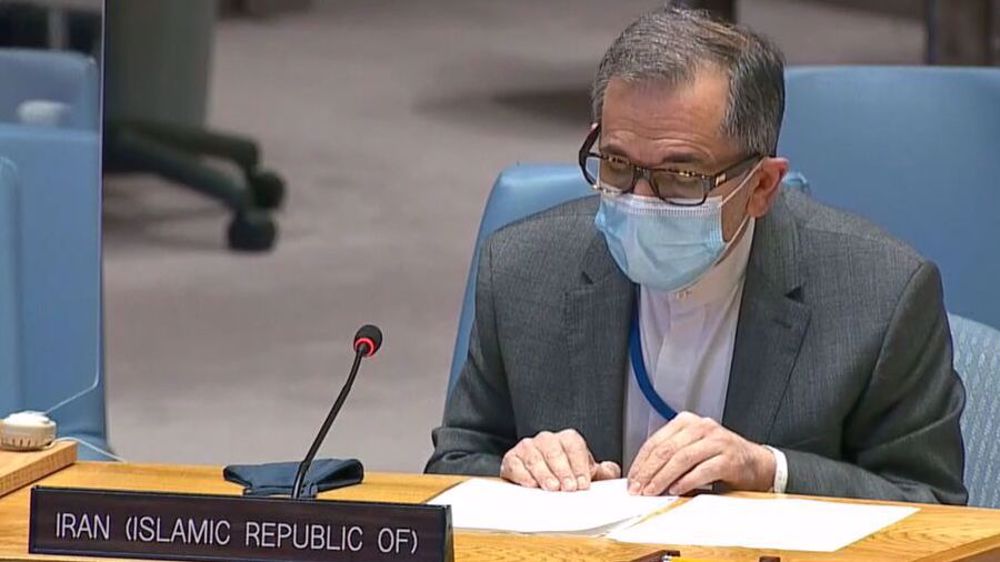

 This makes it easy to access the Press TV website
This makes it easy to access the Press TV website